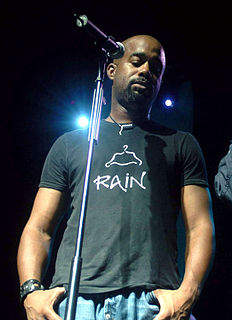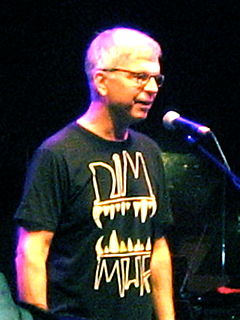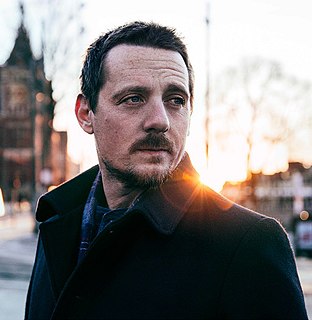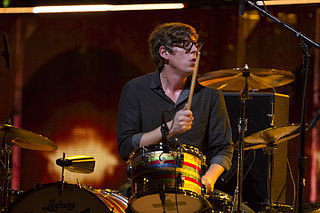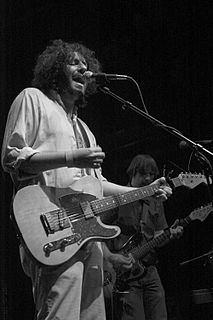A Quote by Adam Jones
We have meetings with our record label to tell them how to market us.
Related Quotes
Every time I meet the CEO of a record label I tell them how they did it in the seventies because they want to know. I tell them, "Sign a hundred people! Throw it against the wall and see which ones stick!" And they frown and say, "Oh, we can't do that!" and they start mumbling about demographics and this and that.
In theory, when you're working with a record label, you're just borrowing their money. And that's basically how the record industry works, right? It's like, you borrow $100,000 from a record label, so you don't make any money until you make back that money for them. In theory, they have you held hostage, so you've got to do every little stupid thing that they want you to do.
Of course there are collaborations. But in official meetings with Western diplomats from the US and the European Union, the major issues of our relationships are simply not discussed. The topics are on climate change or any other issues they want us to agree with them on. But they never discuss how we could develop an equal relationship. They should stop using pompous orchestrated summits and begin a serious dialogue with small meetings.
My record label, which is a huge record label who represents massive, massive stars - they've never done anything like this before, and they were so excited about this idea of an animated character which is singing legitimate music. It's not a comedy record, it's a legitimate record. And they really jumped on board. So, we've got our Facebook page up, we'll be jumping on Twitter very soon, and sort of be creating Haley outside of American Dad.
We are on the earth, and they tell us of heaven; we are human beings, and they tell us of angels and devils; we are matter, and they tell us of spirit; we have five senses whereby to admit truths, and a reasoning faculty by which to build our belief upon them; and they tell us of dreams dreamed thousands of years ago, which our experience flatly contradicts.
Why do we tell stories? It's because we want to connect to people, we want to tell them who we are, we want to tell them a story that affects us, that impacts us. And to help a young filmmaker doing a short or independent film is my testament, I think, is my desire to really make sure that our younger generations get passed along all the elders' experience and to literally have the image - to literally carry them on their shoulders and say, 'This is what the world is. This is how the world operates. Let me show you how.'

